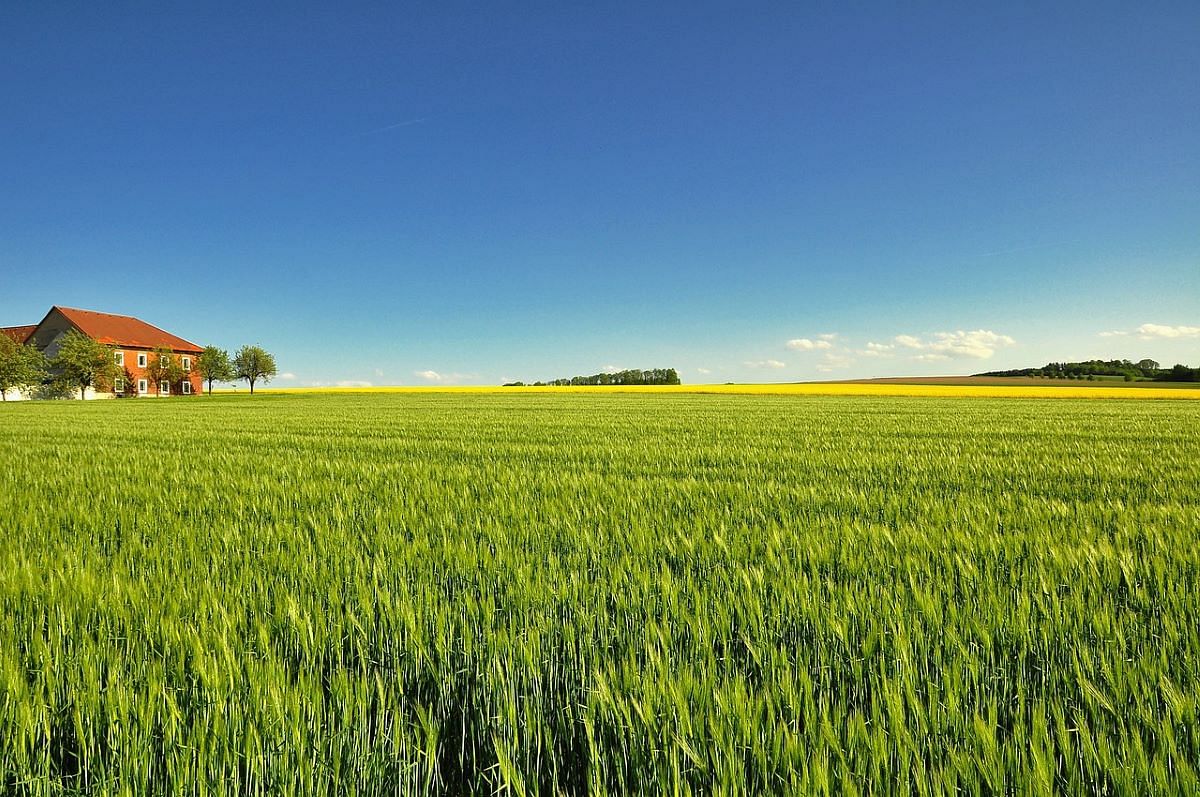
Over 3,000 scientists have signed an open letter in defense of the EU's flagship bill aimed at restoring nature, stating that claims made by centre-right lawmakers that the legislation will negatively impact farmers and food security lack scientific evidence.
The European People's Party (EPP), the largest lawmaker group in the European Union Parliament, has called for the rejection of the bill, which seeks to restore 20% of Europe's land and sea by 2030. While the scientists' letter did not specifically mention the EPP, it was a response to the group's public assertions about the law, including concerns that it would reduce food production and jeopardize food security. The letter emphasized that such claims not only lacked scientific evidence but were also contradicted.
The signatories of the letter primarily consisted of environmental scientists from esteemed institutions such as the universities of Athens, Bucharest, Delft, Helsinki, Oxford, and Zurich. According to the scientists, the most significant threats to food security are climate change and the degradation of nature. They argued that taking action to restore nature and reduce the use of agricultural chemicals is essential to ensure sustainable food production.
The letter also highlighted other factors influencing food security, including food waste and access to affordable and nutritious food. To support their stance, the scientists cited various scientific assessments, including reports from the U.N.-backed Intergovernmental Science-Policy Platform on Biodiversity.
Guy Pe'er, a scientist with Germany's Centre for Integrative Biodiversity Research and the Helmholtz Centre for Environmental Research, emphasized the significance of addressing misinformation and fake news. He emphasized that when policymakers venture into the realm of misinformation and what is commonly referred to as fake news, scientists possess the authority to intervene and urge them to halt.
In response to the letter, EPP lawmaker Christine Schneider expressed support for the EU's green agenda but expressed specific concerns about the potential impact of the nature law. Schneider referred to studies and analyses that allegedly demonstrated a decline in food production due to the Commission's proposal.
The nature bill faces two crucial votes in the EU Parliament, with the first scheduled for Thursday. Additionally, it must secure approval from EU countries to move forward.
















